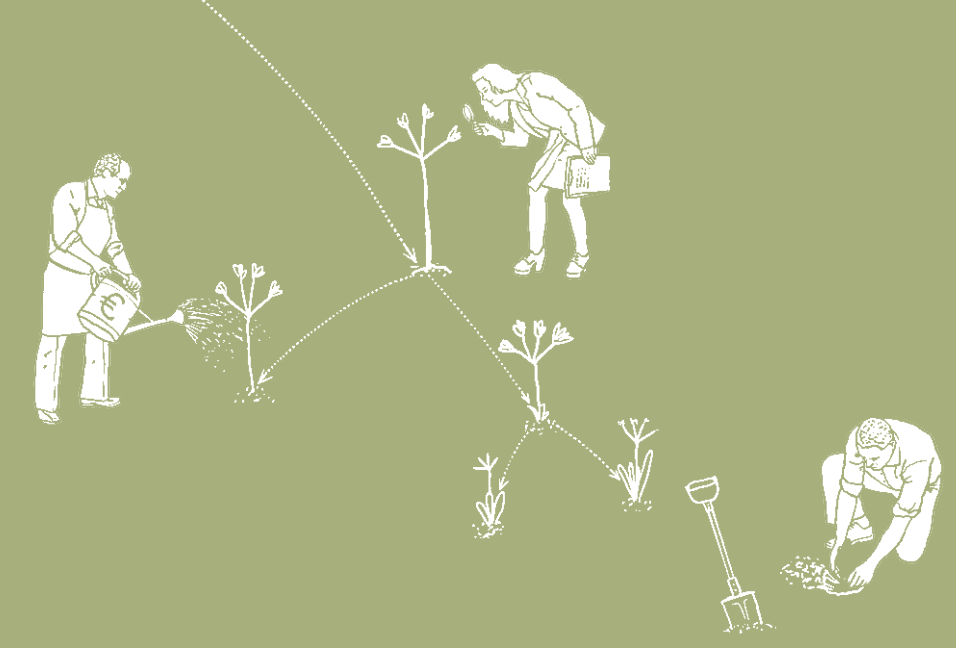This year we saw a lot more of the same. More energy kiosks setting up shop. More smallholder inclusion efforts. More micro-franchises selling health goods and solar lamps.
This is not a bad thing. To the contrary! The time is ripe to learn from what works and replicate it. Innovation is not done after the pilot. Innovation requires diffusion. And this process of diffusion happens via one single company scaling up operations, or by many other companies copying what has worked elsewhere. With every replication, the model is adjusted and contextualized. And the learning and innovation process continues.
In our recent report „Multiplying impact“, we lay out what donors, investors, intermediaries and other players in the inclusive business ecosystem can do to support replication.
Endeva’s new years resolution 2015: We want to accelerate inclusive business innovation through replication.
Action 1: Inclusive Business Library
Energy kiosks must work well, since they are being replicated everywhere, you would think. In fact, most companies implementing this model struggle to cover their operating costs as well as the upfront cash required to finance the construction of new kiosks. In the first issue of our Inclusive Business Library, we identify three strategies for how energy kiosks can operate sustainably.
The Inclusive Business Library will continue to portray individual inclusive business models in depth. Think low-cost glasses, farm shops, prefab modules, or private schools. By zooming into one model, the library provides and overview of who is implementing the model, and detailed practical information about the challenges and solutions, as well as future strategies. This approach responds to a request of companies to more practical, action-guiding research outputs.
Action 2: Commit Fair
To replicate, inclusive businesses need partners: other companies who would like to implement the model, staff who can take on leadership roles in managing a branch or joint venture, investors, local market research and consulting services, and many more. When asked what kind of support they needed for replication, companies most urgently asked for match-making.
The Commit Fair is a format that brings companies who want to expand into new markets or disseminate their approach together with partners. Encounters do not happen by chance but are carefully curated. Needs of companies are assessed upfront and the right partners are identified and invited. The fair is by invitation only and focuses on facilitating concrete collaborations. We commit to bringing the commit fair to various conferences over the next year.
Action 3: Micro-Dissemination
Selling solar lanterns, making glasses, running sanitation services, purifying water … many inclusive business models create opportunities for micro-entrepreneurs. At the same time, many – especially young – people are unemployed and look for entrepreneurial opportunities. Existing entrepreneurship support and vocational training services can become more effective if, besides skills training, they also provide concrete business models. We will reach out to these programs to see how best this information can be provided. Then young entrepreneurs can start with proven businesses with solid margins businesses that create real value for their communities.
We look forward to a year with much more of the same!
If you are interested to join us on any of the endeavours above, don’t hesitate to comment!
This blog was authored by Christina Tewes-Gradl and originally posted on Business Fights Poverty.


